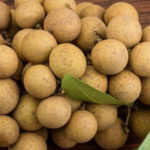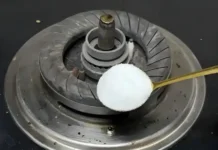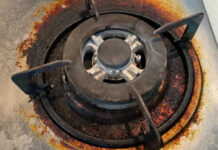The production process for all alcoholic beverages, whether made from different ingredients, involves fermentation. There are many factors that affect the shelf life of alcoholic drinks, especially the impact of temperature during storage, exposure to light, and oxidation within the beverage.
How to Tell if Alcohol Has Expired
Alcoholic beverages have varying shelf lives, and it’s important to understand the factors that influence their longevity. Alcoholic drinks made from grains or plant-based sources typically last longer due to their higher alcohol content and more stable ingredients.
Spirits, for instance, can maintain their quality for a very long time, even up to centuries, when stored in ideal conditions. On the other hand, wines, champagnes, and other lighter alcoholic drinks are more susceptible to spoilage and have shorter shelf lives.

How can you tell if alcohol has expired?
So, how can you tell if your alcohol has expired? Here are some telltale signs to look out for:
Appearance of the Bottle
Visually inspect the bottle. If the liquid appears cloudy or if there are visible sediment or floating particles, it could indicate that the alcohol is past its prime. High-quality, well-preserved alcohol should be clear and free of any unusual particles.
Smell
A well-preserved bottle of alcohol should have a pleasant aroma that reflects the quality of its ingredients and the fermentation process. If you detect any strange or sour odors, it’s a sign that the alcohol may have gone bad or started to oxidize.
Alcohol Content
Alcoholic beverages with higher alcohol content tend to have longer shelf lives as the alcohol acts as a preservative. If you notice a significant decrease in the alcohol content or overall potency, it’s likely that the drink has exceeded its shelf life.
Taste
When it comes to taste, well-preserved alcohol should have a harmonious and rich flavor profile. If you detect bitter, astringent, or otherwise unusual flavors, it’s a sign that the alcohol has deteriorated and is no longer at its best.
Storage Conditions
Proper storage is crucial for maintaining the quality and longevity of alcoholic beverages. Alcohol should be stored in a cool, dry place, away from direct sunlight, and at a consistent temperature. Inadequate storage conditions can significantly reduce the shelf life of alcohol, so if your bottle has been stored improperly, it may no longer be safe to consume.
Production and Expiration Dates
Some alcoholic beverages are best consumed within a certain period after production to ensure the perfect flavor profile. Always check the production and expiration dates, as well as storage and usage instructions, before purchasing or consuming alcohol.
Shelf Life of Beer
While spirits can last for many years when stored properly, beer has a much shorter shelf life, typically ranging from 6 to 12 months from the production date printed on the bottle or can.
According to manufacturers, the amount of yeast used to create the beer’s flavor is the main factor influencing its shelf life. During the time between production and consumption, beer continues to ferment and evolve, even when sealed in its container. Beer is at its best when consumed before the expiration date.
Once a beer is opened, its shelf life depends on storage conditions. If stored properly in a refrigerator and sealed tightly, it can last for 1-2 days, although the flavor may not be as fresh. For the best taste, beer should be consumed within 1-2 hours of refrigeration.
According to VTC News






































